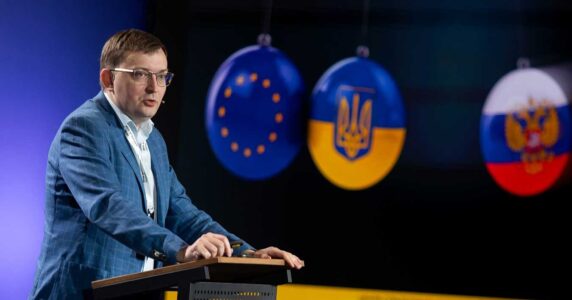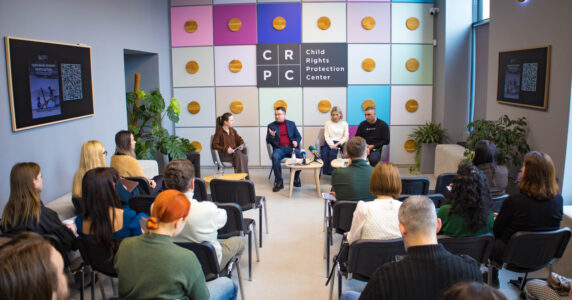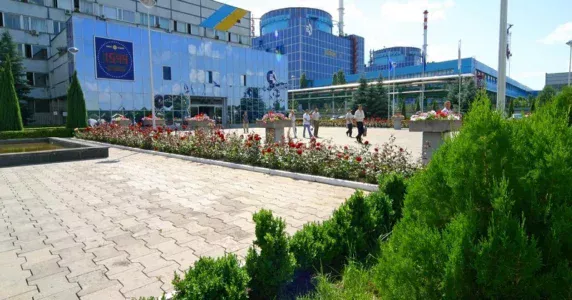Navigation and useful materials
Since August 1, residents of the Russian Federation cannot freely use YouTube, the largest and most popular video hosting site in the world. Internet users are still allowed access to the website, but, due to an artificial speed reduction by Russian providers, it is impossible to watch videos on it.
Talks about blocking YouTube in Russia lasted many years, and became more active during the full-scale war against Ukraine. On July 25, Alexander Khinshtein, head of the information policy and IT committee at the State Duma, announced the authorities’ decision to limit access to YouTube (and actually make it impossible to use).
The Center for Strategic Communications and Information Security explains what is behind the Kremlin’s decision to block access to YouTube:
- the list of countries, where YouTube is blocked, includes China, Iran, North Korea, Eritrea, Turkmenistan, and Russia now. In all these countries, as well as in the Russian Federation, there are problems with freedom of speech and violations of human rights. Blocking YouTube is another demonstration of the Kremlin’s geopolitical choice, which is anti-democratic and anti-Western;
- YouTube blocking is a result of unsuccessful attempts by the Kremlin to transfer Russian audiences and content makers to Rutube and other Russian resources. Having failed to achieve success with other methods, the state resorted to repressive measures;
- Since the beginning of the 2000s, the Kremlin has invested largely in the creation of pro-government YouTube content, financing bloggers through presidential and other grant programs. The Russians have learned to use YouTube algorithms to promote their propaganda. YouTube blocking is evidence that the Kremlin does not want to put up with Internet resources that it does not control;
- YouTube is a business tool that allows thousands and thousands of Russians to earn. The Kremlin took away their source of income because it is not interested in increasing the number of citizens who are financially independent of it;
- The access to Facebook, Instagram, and thousands of other of websites, including Russian opposition and foreign resources, is already blocked. This is not just a manifestation of censorship. This is a consistent policy of closing Russians into an information ghetto, in which only propaganda TV channels, radio, information websites, Kremlin-controlled social networks, hosting, and search engines (Vkontakte, Odnoklassniki, My [email protected], RuTube, Yandex) are available and which block unwanted information, spread disinformation, and, at the first request, provide the special services with full access to user information.
On one hand, the Russian regime is increasing Internet censorship and restricting Russians’ access to resources that are not under its control. On the other hand, the Kremlin uses Russian-made products to spread its influence not only to its domestic audience, but also abroad, using them as weapons. An adequate response to these actions is sanctions and the blocking of Russian resources.
If you have found a spelling error, please, notify us by selecting that text and pressing Ctrl+Enter.


